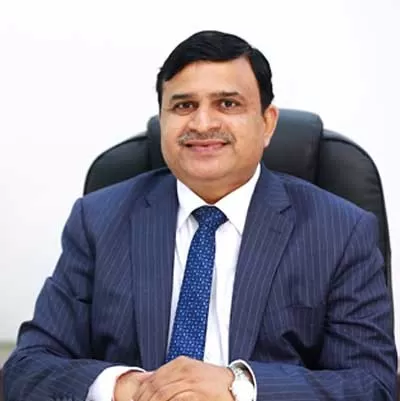The construction and real estate sector in India is one of the largest sectors, along with being a significant contributor to the nation’s GDP. Its scope ranges from residential, commercial to large and middle-level infrastructure projects. This sector is extremely vital for the nation’s economic growth.
It is interesting to note that it also affects other sectors directly and indirectly. For example, it leads to job creation and employment, boosts the manufacturing sector, and is responsible for infrastructural development such as transportation and urbanisation. Therefore, special attention should be given to managing the cost in terms of construction management.
Factors affecting cost in construction projectsLocation: The location of a construction project can significantly affect the costs of the overall construction.
Labour costs: Labour costs vary drastically depending on the skills required for the project and the demand for labour.
Material costs: Material costs vary depending on the type of material, location, and demand for the material.
Importance of cost control
Cost control typically involves managing the expenses related to a project to ensure it does not exceed the budget. Cost control is important for various reasons, such as sticking to budget timelines, focusing on profitability, investor confidence, and effective utilisation of resources.
However, as the real estate and construction sector evolves, new and improved methods and technologies are also emerging. This improved methodology is the shift towards sustainability. The global construction industry in recent years has seen a significant shift towards sustainability due to growing awareness of environmental impact, along with strict regulations that make it mandatory for developers to adopt sustainable practices.
In India, where the sector is on the cusp of a tremendous boom, it is wise to adopt sustainability in construction. Having said that, the issue of construction costs persists here too. The adoption of sustainable materials can lead to overhead costs. Many eco-friendly materials available in the market benefit the environment. They typically include recycled steel, bamboo, solar panels, and low VOC paints. In a price-sensitive market like India, cost overruns can mar the quality of the project, and hence it is important to maintain a balance between price and quality.
Role of coordination
in construction
Coordination in a construction project involves the seamless merging of several activities and stakeholders. These typically
include engineers, architects, contractors, subcontractors,
and the project management team. Effective coordination among all is very important for smooth functioning and to avoid delays and minimise errors.
Parameters of coordinationStreamlining efforts as a team
Effective communication
Adherence to risk management
Coordinated efforts for
quality improvement
Methods for cost coordinationSelective use of the right materials: Instead of using sustainable materials throughout, developers can identify the key areas where sustainable materials can create the biggest impact. For example, using energy-efficient windows and insulation in climate-sensitive areas can reduce long-term costs, while offering a better return on investment.
Investing in technology: Several advanced construction technologies, such as BIM (Building Information Modelling), can help plan the use of materials efficiently, without wastage. This ensures that sustainable materials are
used efficiently.
Investing in skilled labour: Skilled manpower is the backbone of sustainable construction. Without it, sustainable construction cannot balance cost and quality output. To address these issues, there should be an effort to:
Invest in training programmes: The government and private sector should focus on training individuals and upskilling workers in the latest construction techniques and sustainable practices. Doing so will not only
improve work quality but
also reduce errors.
Promote continuous learning: The construction sector is changing rapidly each year with new technologies emerging. To keep up, individuals in the construction domain should continuously learn and upskill to
stay current with the
latest developments.
Ways for effective coordinationProject planning: Detailed project planning is very important to
set realistic timelines and implement accurate
cost control measures.
Making use of technology:
Project management tools
such as BIM can provide streamlined coordination by offering real-time updates and ensuring project goals are aligned with the timelines.
Prioritising communication: Communication is extremely important among all individuals involved in the project, whether it is the project manager, architect, or contractor. This will help address communication gaps and keep the project on track.Risk management: Identifying potential risks early in the project can significantly reduce overhead costs. This also involves setting aside contingency funds for unforeseen expenses.
Regularly monitoring and conducting audits: It also helps to analyse the project’s budget and timelines.
The adoption of sustainable materials for construction is no longer an option, but a necessity. This also means that cost control measures should be adopted with a balanced approach. Selecting the right quality of sustainable materials, investing in skilled labour across all domains of construction, enhancing coordination, and ensuring effective communication are the way forward to achieve cost-conscious construction in India.
The challenges are significant and cannot be ignored, but they can be overcome through innovative thinking, collaboration, and prioritising skill development. The end goal, finally, is to create economically viable structures alongside sustainable measures for future generations to come.
About the author
Professor Anil Kashyap, President and Chancellor, NICMAR University, has spent
28 years in practice, academia and research - both in India and abroad with a Master's in Urban Planning from the School of Planning & Architecture, New Delhi, and
a Ph.D. from the University of
Ulster, UK.


















